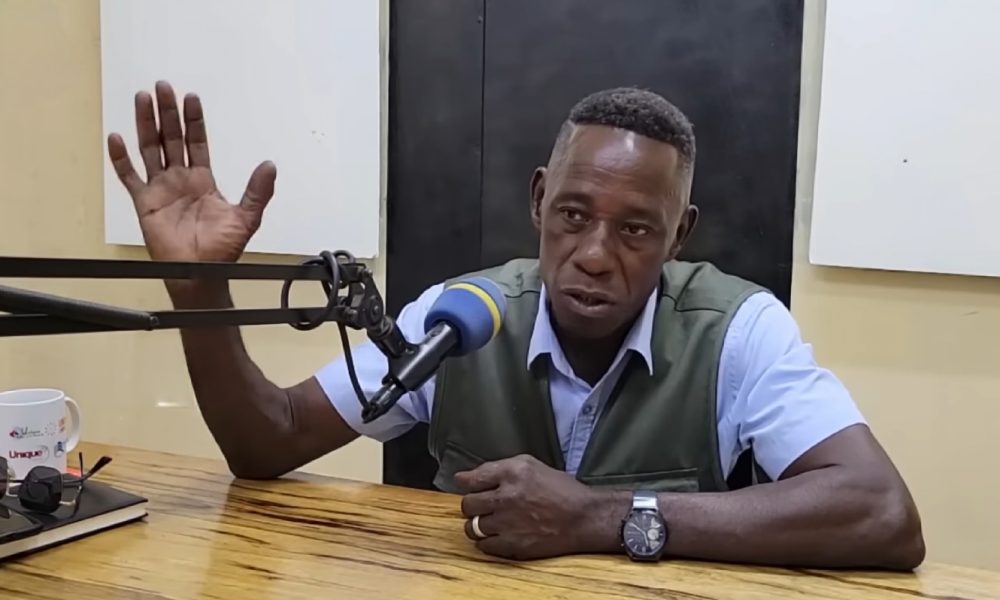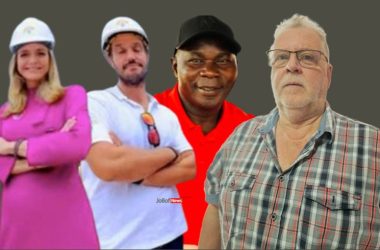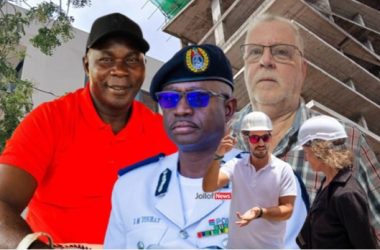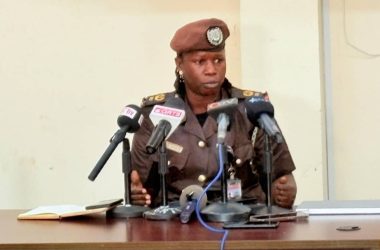Former Gambia Armed Forces (GAF) member Abdoulie Sanyang has claimed he was instrumental in bringing ECOMIG forces into The Gambia and that he and a group of partners financed the 2016 protest led by the late Solo Sandeng.
Speaking Thursday on Coffee Time with Peter Gomez on West Coast Radio, Sanyang accused former President Yahya Jammeh of using tribalism to divide the army. He alleged that Jammeh brought people from Senegal’s Casamance region to work in his garden, later integrating them into the army, paramilitary, and immigration services.
According to Sanyang, this contributed to President Adama Barrow’s mistrust of the Gambian army and prompted him to seek security support from then-Senegalese President Macky Sall to guarantee his safety.
Sanyang further claimed that he and the late Pa Nderry Mbye were the first to announce Sandeng’s death, reportedly caused by torture during his detention for leading a protest for political reform. He said that announcement caught the attention of the international community, which recognised the need for protection ahead of the elections.
He detailed his alleged role in lobbying for intervention, saying he and his partners “knocked on several doors” for support, including the UN Human Rights Council in Geneva, the European Parliament in Brussels, and the French Parliament. Sanyang told the show’s audience that they informed foreign partners The Gambia was at a “crossroad” and needed protection an effort he says led to the ECOMIG deployment.
According to him, the international community urged them to encourage Gambians to vote, promising a standby force if Jammeh refused to step down after the election.
Sanyang’s most explosive allegation was that the Solo Sandeng protest itself was organised and financed by him and his associates former Gamtel director Lamin Tunkara, Nycho Sannah, and Lamin Sillah, who is now living abroad.
He also claimed that two National Intelligence Agency (NIA) officers were on his payroll at the time. These officers, he alleged, provided him with information and a photograph of Sandeng after his arrest, and arranged for a doctor, Lamin Sanyang, to confirm his death.
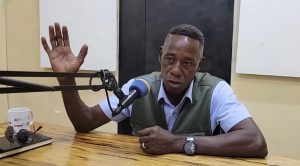
While insisting on the importance of revealing the names of those he worked with, Sanyang said their collaboration was part of “international operations.”
His revelations have sent ripples through The Gambia, igniting debate and raising questions about the events that led to the country’s political transition in 2016.

